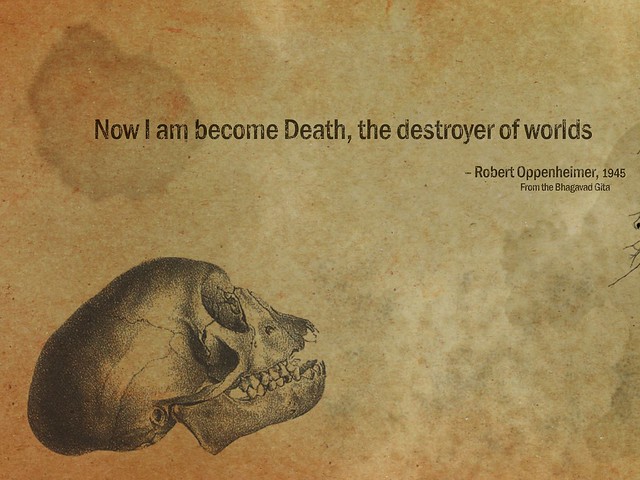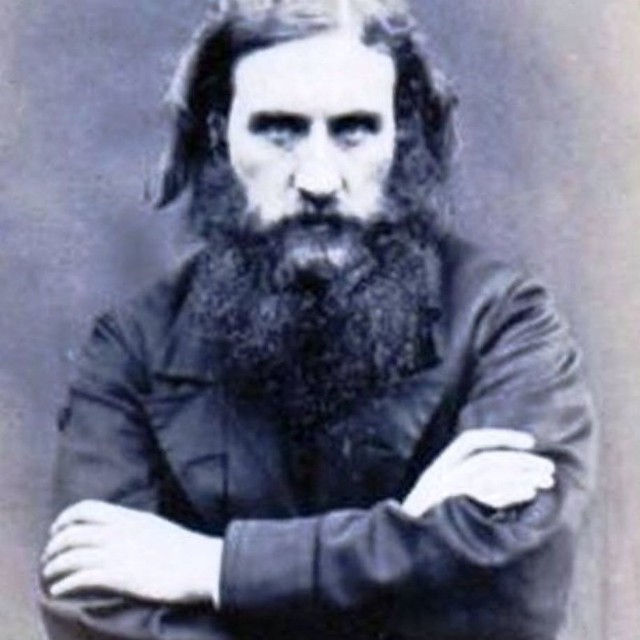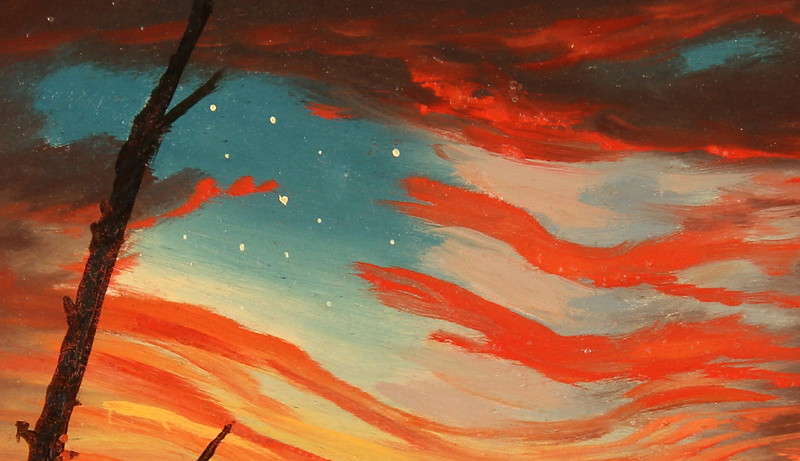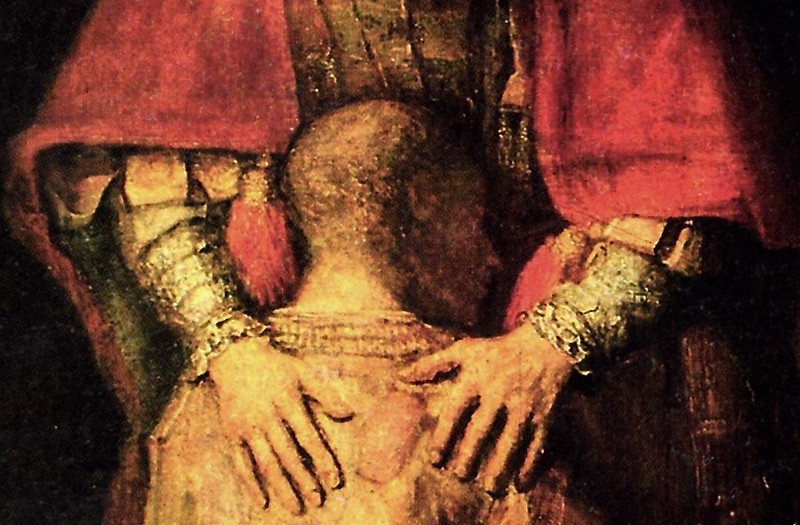Los Alamos: We Have Become Death

Los Alamos: We Have Become Death
Brian Zahnd
Seventy summers ago in a New Mexico desert we crossed a dark threshold when we created the capacity for our own annihilation. A generation earlier Albert Einstein had perceived something elemental about the nature of Creation: Energy equals mass times the speed of light squared (E = mc2). As I understand it, matter is “frozen” energy which when released unleashes the power of the sun. That our instinctual impulse upon gaining such knowledge was to build atomic bombs says something sad about us — we are still the sons and daughters of Cain, and now we’re looking for ways to kill Abel a million at a time.
The first atomic bomb was tested on July 16, 1945. J. Robert Oppenheimer, the director of the Los Alamos Laboratory, gave the test the code name Trinity. Oppenheimer was, of course, a brilliant physicist, but he was also well-read in religious and philosophical texts. He took the code name Trinity from a poem written by John Donne, a sixteenth century Anglican priest and poet.
Read more







